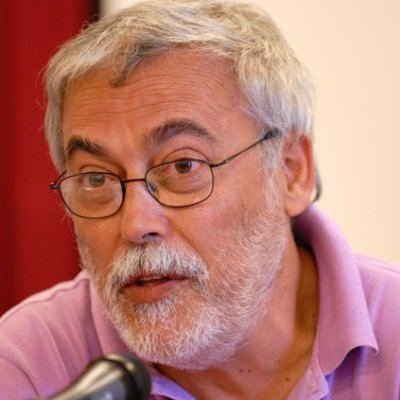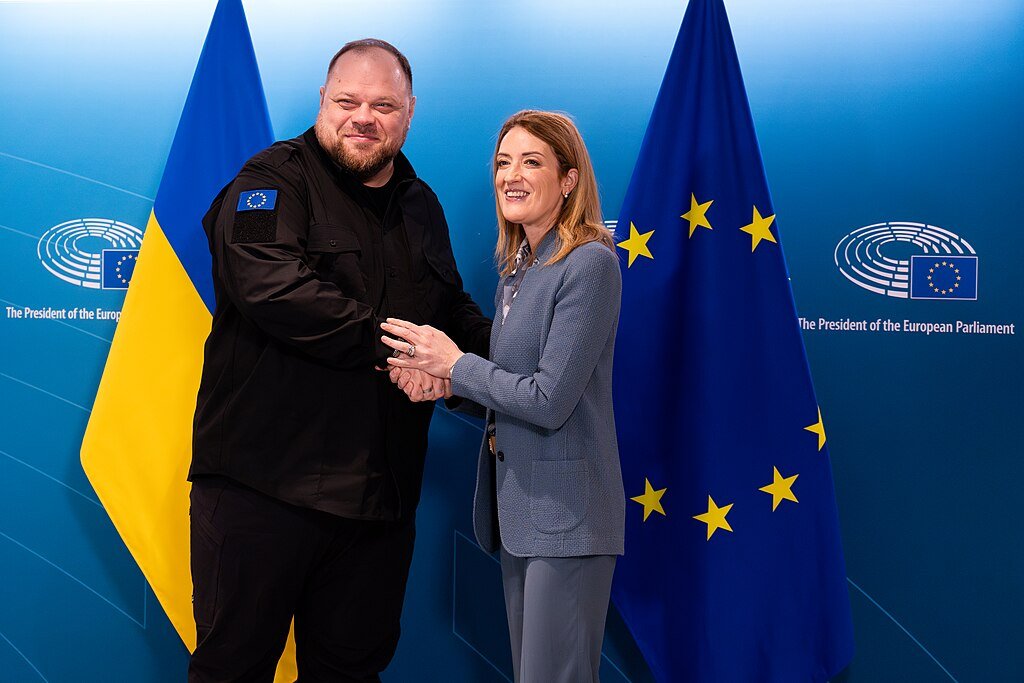FERNANDO LUENGO

BIO
Fernando Luengo (@fluengoe on Twitter/X) is a Spanish economist who writes for La Marea, El Salto, and other outlets. Email: fluengoe@gmail.com.
Connect With Contributor
Contributions
And now what? It seems the new US administration has taken the initiative to bring an end to the war in Ukraine. This represents an important shift from the policy developed by Joe Biden, which consisted of promoting and fueling the conflict and trying to put Russia, and in the process Europe, on the ropes.
We are witnessing the spectacular and, so far, unstoppable rise of all forms of fascism. We find the most recent act of this drama in the United States with the victory in the recent elections of the Republican Party led by Donald Trump, whose electoral program, even beyond demagoguery and grandiose statements, did not hide its intentions and is already being carried out.
It is clear that Donald Trump's broad victory in the US elections will have – and already has, in fact – important economic, social and political consequences, both in the United States and on a global scale. And, of course, it also affects Europe.
In his latest analysis of the European political and economic scene, Fernando Luengo argues that the ascent of the far right in the run-up to the 2024 European parliamentary elections cannot be separated from the ongoing problem of rising inequality and the fundamental influence of private capital in the public sector.
In his latest column, economist Fernando Luengo writes ot the warlike climate that is growing in Europe and how it directly shapes a range of problems facing people across the continent and beyond.
From June 6-9, elections for the European Parliament, the only genuinely democratic institution in the community’s institutional framework - its members are directly chosen by the citizenry, whereas the rest are intergovernmental in nature - will be held. It is a good moment to think about the challenges facing the European Union (EU) and, I would say, the entire planet.
It’s very necessary to focus on the terms that are habitually used in economics - and the so-called social sciences in general - and that are often taken for granted. Because these terms almost always have a purpose, which can be difficult or even annoying to uncover. In other words, language, seemingly innocuous, defines a playing field and also, in a way, the rules of the game as well as the possible explanations and alternatives. And this is no small thing.
I headline this article with a question that, given the economic, political, and also military divisions that are shaking the international scene, might appear to have an obvious answer: in effect, globalization is behind us. But there is another, earlier question that turns out to be quite revealing and, in my opinion, is necessary to pose: which globalization are we talking about?
In the capitalist system, writes Fernando Luengo, “Workers offer their labor power to the owners of the means of production, who buy it in exchange for a wage. This is the essence of capitalism; far from being a peripheral or irrelevant issue, I would say that it constitutes one of the keys that explain the operation and reproduction of the system.”










According to the Real Academia Española, a euphemism is defined as a word or expression used in place of one that is harsh, unpleasant, or rude. Euphemisms are more and more rampant in political and economic debates (which is a way of describing what is often mere propaganda). The citizenry, passive and defenseless spectators, summoned only when there are elections and in the face of the enormous power of the mass media and social media, swallow them one after another, incorporating them into our everyday language as if they were undeniable truths.